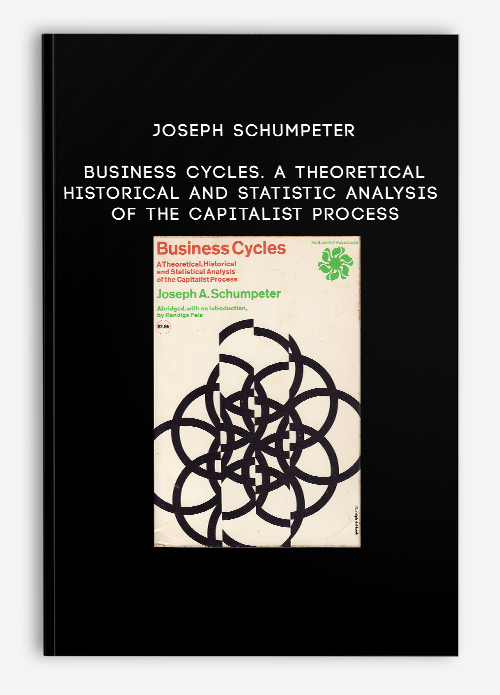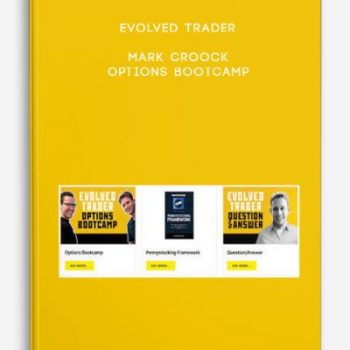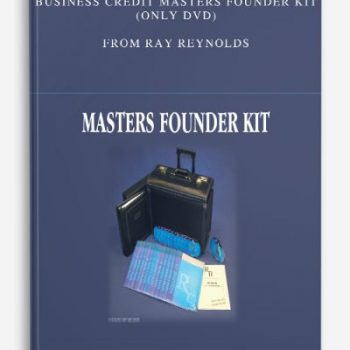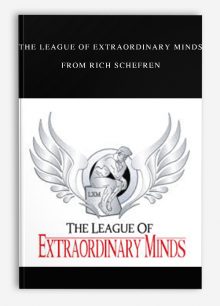
Joseph Schumpeter – Business Cycles. A Theoretical Historical and Statistic Analysis of the Capitalist Process
Description:
Schumpeter, Joseph
New York: McGraw-Hill Book Company, 1942.
First edition, third impression. (As stated on title page. Printed during WWII with war shortages. Not a later reprint.) 1095 p. Crimson cloth with gilt lettering. Two volumes. Very Good or better condition. Sturdy bindings, bright gilt. Not ex-library. A single underline erased. Owner’s stamp on endpapers and occasionally in margins; name written on paste downs. Rare early printing of a landmark economics text in unusually nice condition. Item #150330005
New York: McGraw-Hill Book Company, Inc., 1939. First edition of the economist’s groundbreaking work. Octavo, 2 volumes. Original cloth. Inscribed by the author on the front free endpaper of volume one, “To Seymour Harris with kind regards Joseph Schumpeter.” Some light rubbing to the bottom of the cloth, a near fine set of this landmark work. The recipient Harvard economics professor Seymour Harris, who was editor of the book Schumpeter as Social Scientist and editor of The New Economics; which Schumpeter was a contributor. Books signed by Schumpeter are extremely rare and virtually unobtainable. Housed in a custom half morocco clamshell box.
Schumpeter’s theory of business cycles puts its emphasis on industrial innovations rather than banking. Schumpeter starts his account of business cycles at the top rather than the bottom of the cycle. “The reader needs only to make the experiment. If he comes to survey industrial history from, say, 1760 onwards, he will discover two things; he will find that very many booms are unmistakably characterized by revolutionary changes in some branch of industry which, in consequence, leads the boom, railways, for instance in the forties, or steel in the eighties, or electricity in the nineties.”
Business online course
Information about business:
Business is the activity of making one’s living or making money by producing or buying and selling products (such as goods and services).
[need quotation to verify] Simply put, it is “any activity or enterprise entered into for profit.
It does not mean it is a company, a corporation, partnership, or have any such formal organization, but it can range from a street peddler to General Motors.”
Having a business name does not separate the business entity from the owner, which means that the owner of the business is responsible and liable for debts incurred by the business.
If the business acquires debts, the creditors can go after the owner’s personal possessions.
A business structure does not allow for corporate tax rates. The proprietor is personally taxed on all income from the business.
Preview Information:
More Course: BUSINESS MARKETING
Outstanding Course: Bob Proctor – Ultimate Collection [24 Courses in 1 pack]












Lord –
This is Digital Download service, the course is available at VinCourse.com and Email download delivery.